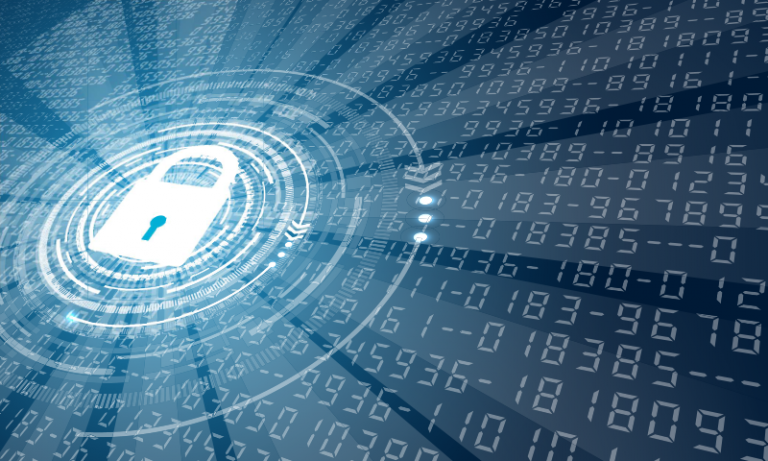
Tokenizing Virtual Identity
Tokenizing virtual identity is the latest buzzword in the world of technology. With the rise of blockchain and AI, the process of tokenizing virtual identity has become more feasible and efficient. In a world that is increasingly dependent on digital communication and transactions, virtual identity has become an essential aspect of our lives. From social media to online banking, virtual identity is crucial for individuals and organizations alike. This article explores the inevitable impact of blockchain and AI on tokenizing virtual identity.
What is Blockchain and AI?
To understand the role of blockchain and AI in tokenizing virtual identity, we need to first understand what these technologies are. Blockchain is a decentralized and distributed digital ledger that records transactions across multiple computers, allowing secure and transparent storage of data. AI, on the other hand, refers to the simulation of human intelligence in machines that can perform tasks that typically require human cognition, such as learning, reasoning, and problem-solving.
The Benefits of Tokenizing Virtual Identity
Tokenizing virtual identity offers several benefits. Firstly, it provides a higher degree of security than traditional identity management systems, as it is based on cryptography and decentralized storage. Secondly, it offers greater control and ownership of personal data, allowing individuals to manage and monetize their identity. Thirdly, it offers greater efficiency by reducing the need for intermediaries and streamlining identity verification processes.
The Role of Blockchain in Tokenizing Identity
Blockchain plays a crucial role in tokenizing virtual identity. By providing a decentralized and secure platform for storing and managing identity data, blockchain ensures that personal data is owned and controlled by individuals, rather than centralized institutions. Blockchain also enables the creation of self-sovereign identities, where individuals have complete control over their identity data and can share it securely with trusted parties.
The Role of AI in Tokenizing Identity
AI plays a crucial role in tokenizing virtual identity by automating identity verification processes. By leveraging machine learning algorithms, AI can analyze large volumes of data and make intelligent decisions about identity verification. This can help reduce the risk of fraud and improve the efficiency of identity verification processes.
Tokenizing Virtual Identity: Use Cases
Tokenizing virtual identity has several use cases. For example, it can be used for secure and decentralized voting systems, where individuals can verify their identity and cast their vote securely and anonymously. It can also be used for secure and decentralized identity verification for financial and healthcare services, reducing the risk of identity theft and fraud.
Tokenizing Virtual Identity: Challenges
Tokenizing virtual identity also presents several challenges. One of the main challenges is interoperability, as different blockchain networks and AI systems may not be compatible with each other. Another challenge is scalability, as blockchain and AI systems may not be able to handle the volume of data required for identity verification on a large scale.
Security Concerns in Tokenizing Identity
Security is a key concern in tokenizing virtual identity. While blockchain and AI offer greater security than traditional identity management systems, they are not immune to attacks. Hackers could potentially exploit vulnerabilities in blockchain and AI systems to gain access to personal data. It is therefore crucial to implement robust security measures to protect personal data.
Privacy Issues in Tokenizing Identity
Privacy is another key concern in tokenizing virtual identity. While tokenizing virtual identity offers greater control and ownership of personal data, it also raises concerns about data privacy. It is essential to ensure that personal data is not shared without consent and that individuals have the right to access, modify, and delete their data.
Legal Implications of Tokenizing Identity
Tokenizing virtual identity also has legal implications. As personal data becomes more valuable, it is crucial to ensure that there are adequate laws and regulations in place to protect personal data. It is also essential to ensure that individuals have the right to access and control their data, and that they are not discriminated against based on their identity.
The Future of Tokenizing Virtual Identity
The future of tokenizing virtual identity looks bright. As blockchain and AI continue to evolve, we can expect to see more secure, efficient, and decentralized identity management systems. We can also expect to see more use cases for tokenizing virtual identity, from secure and anonymous voting systems to decentralized identity verification for financial and healthcare services.
Embracing Blockchain & AI for Identity Management
In conclusion, tokenizing virtual identity is an inevitable trend that will revolutionize the way we manage identity. By leveraging blockchain and AI, we can create more secure, efficient, and decentralized identity management systems that give individuals greater control and ownership of their personal data. While there are challenges and concerns associated with tokenizing virtual identity, these can be addressed through robust security measures, privacy protections, and adequate laws and regulations. As we continue to embrace blockchain and AI for identity management, we can look forward to a more secure, efficient, and decentralized future.
